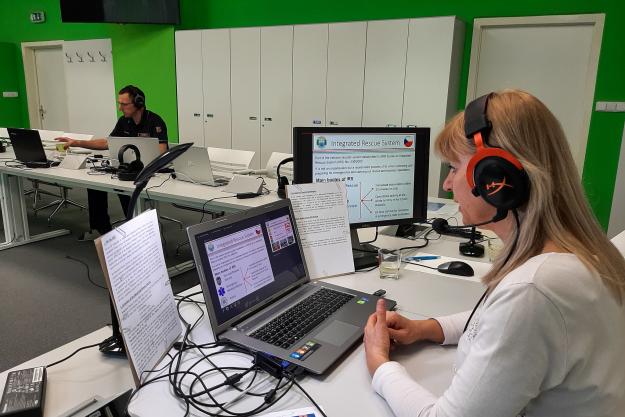
The Online Basic Training course on Wireless Information System for Emergency Responders (WISER) and the Use of Emergency Response Guidebook (ERG) for First Responders in progress
THE HAGUE, Netherlands–3 March 2021–First responders from the Southern African Development Community (SADC) enhanced their skills in the use of two chemical emergency preparedness tools: the Wireless Information System for Emergency Responders (WISER) and the Emergency Response Guidebook (ERG). The online training was conducted by the Organisation for the Prohibition of Chemical Weapons (OPCW) and the Population Protection Institute of the Fire Rescue Service of the Czech Republic from 2 to 3 March.
The course leader from the Population Protection Institute, Lt Col Ladislava Navrátilová, stated: “The Institute is committed to working with the OPCW to strengthen chemical safety and emergency preparedness in Africa, even during these difficult times of the global pandemic.”
Mr Babatunde Olowookere, a Programme Officer from OPCW’s Assistance and Protection Branch, remarked: “This course aims to equip SADC professionals with basic tools for efficient emergency response, and it will strengthen regional response capabilities against chemical attacks and incidents involving toxic industrial chemicals.”
To learn how to accurately characterise and rapidly contain incidents involving hazardous chemicals, the attendees familiarised themselves with ERG and WISER, which are key evaluation tools and sources of information on hazardous substances, protective distance plotting, and containment.
The course was attended by 24 professionals from nine OPCW Member States in the SADC region: Angola, Botswana, Lesotho, Madagascar, Mauritius, Mozambique, South Africa, Tanzania, and Zimbabwe; with an observer from Nigeria.
This was the second OPCW training on the use of ERG and WISER for Member States in Africa. The training will be now offered to first responders in other parts of the continent.
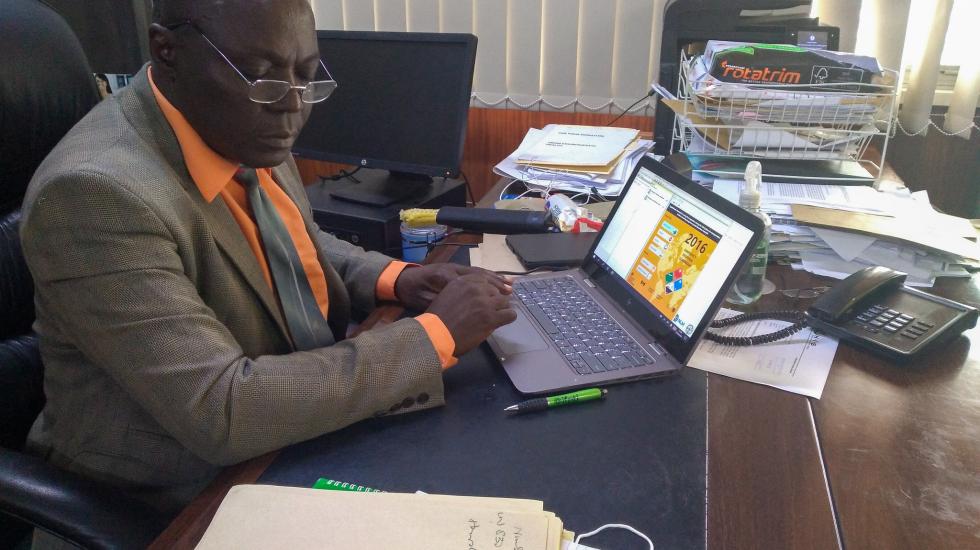
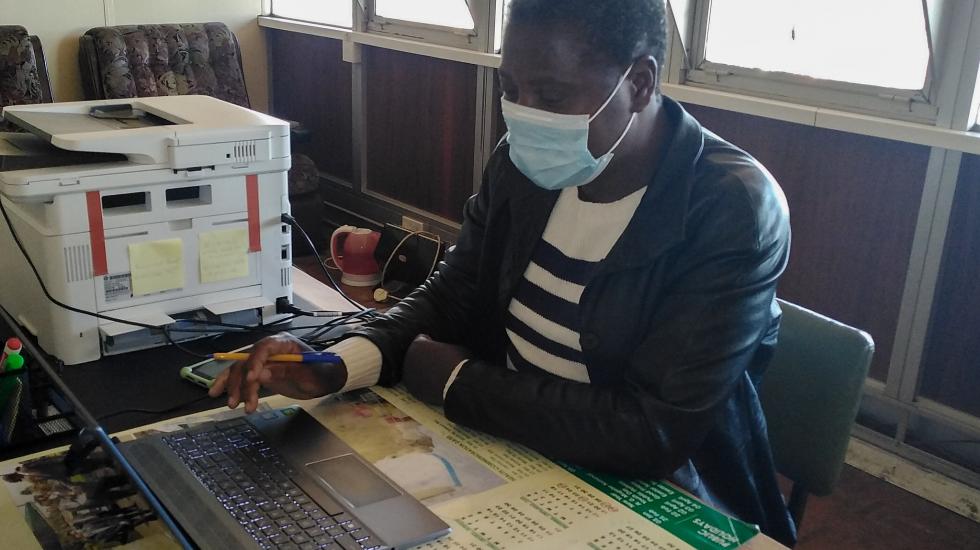
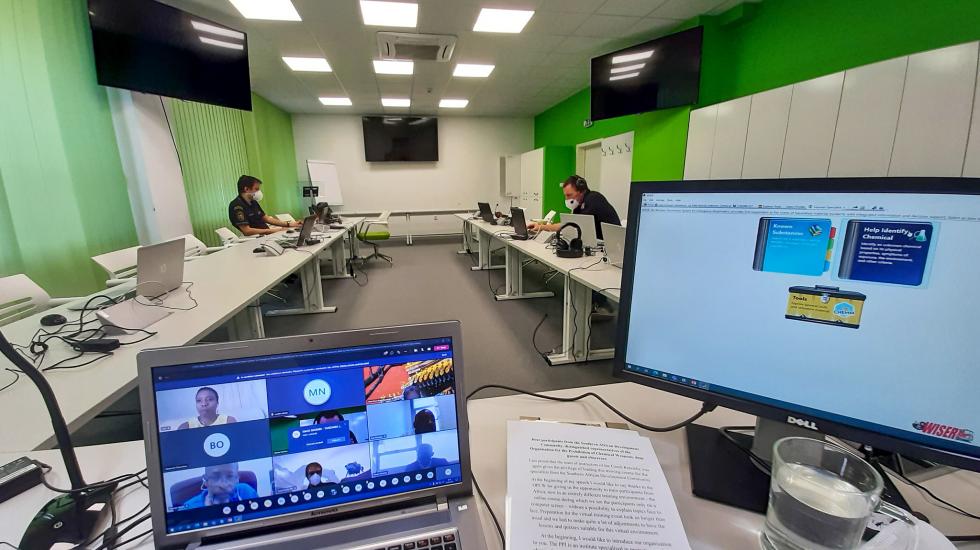
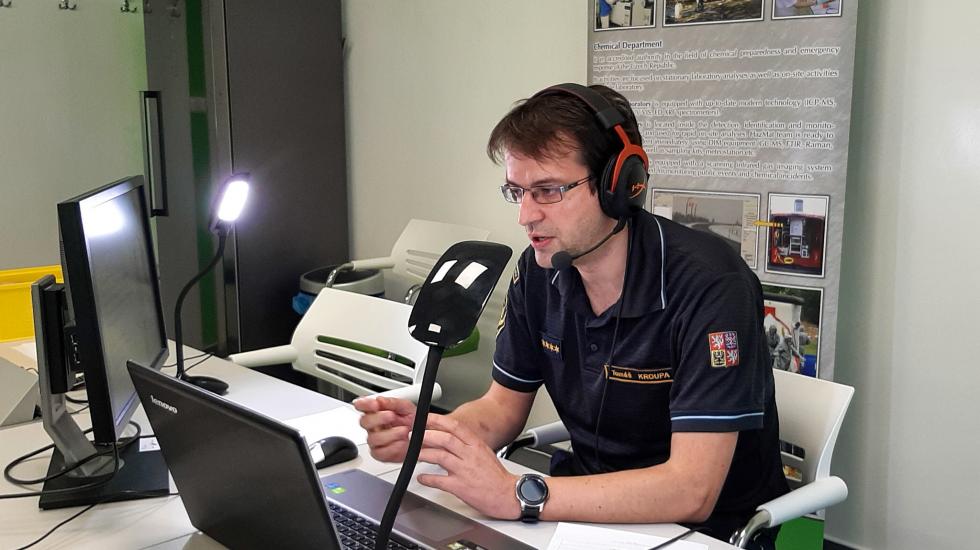
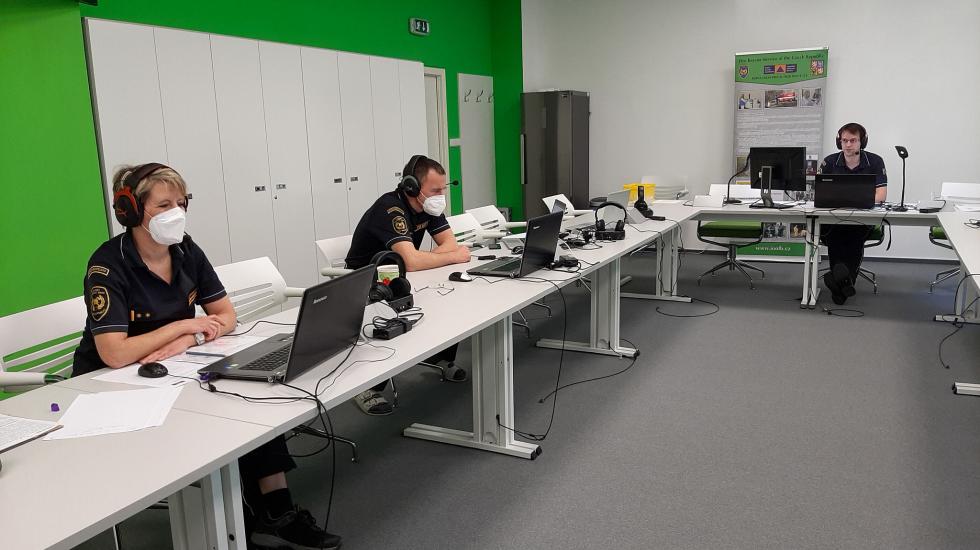
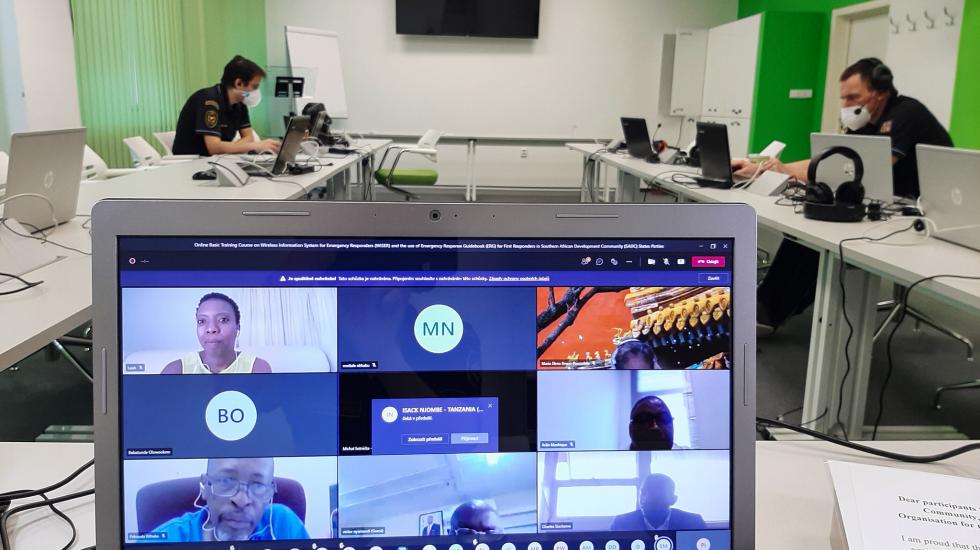
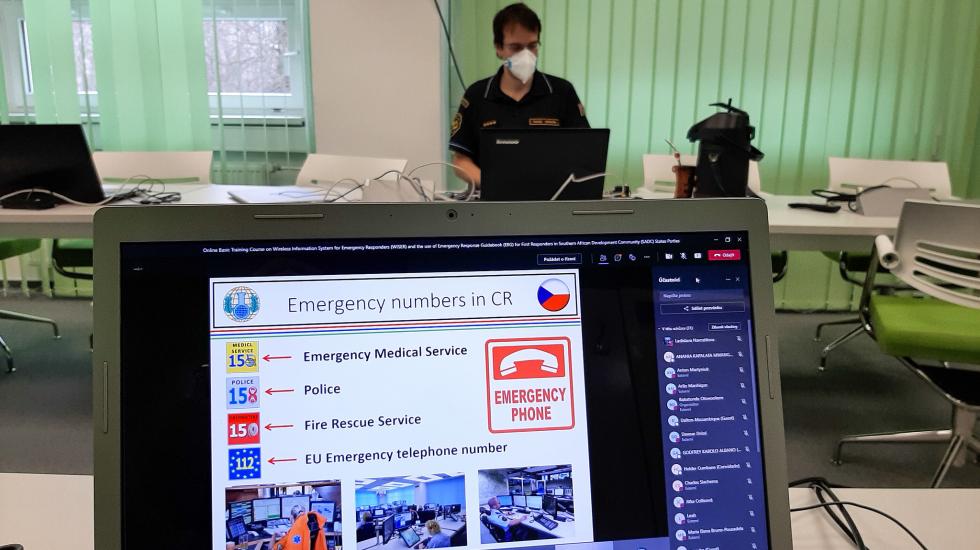

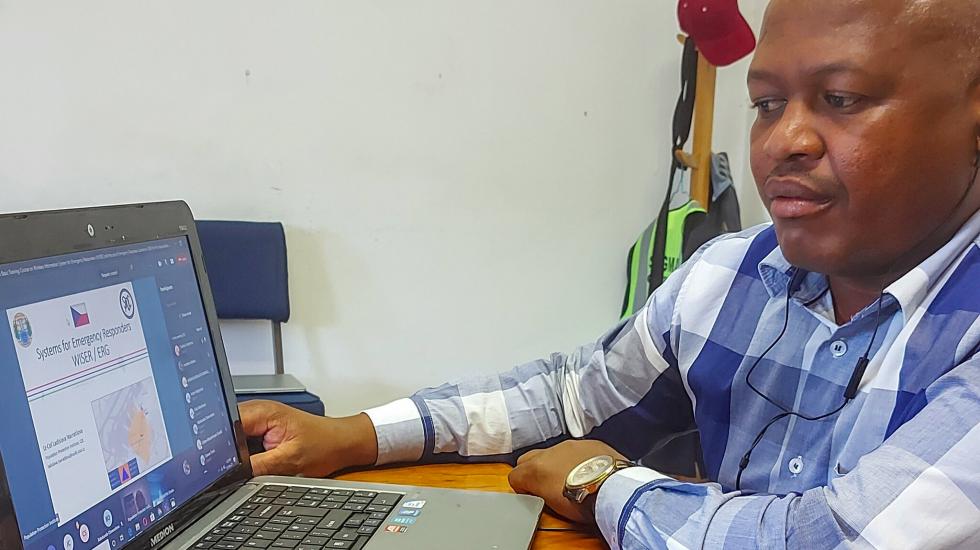
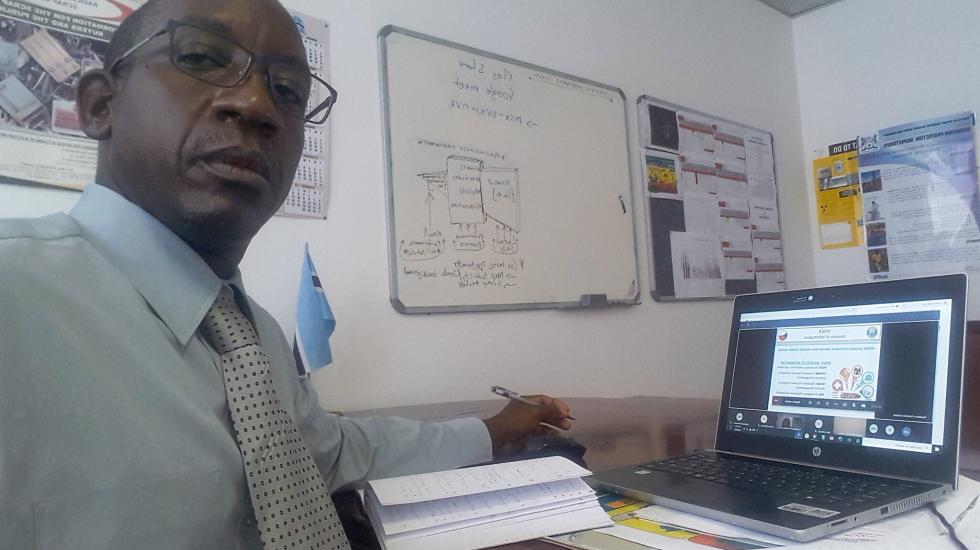

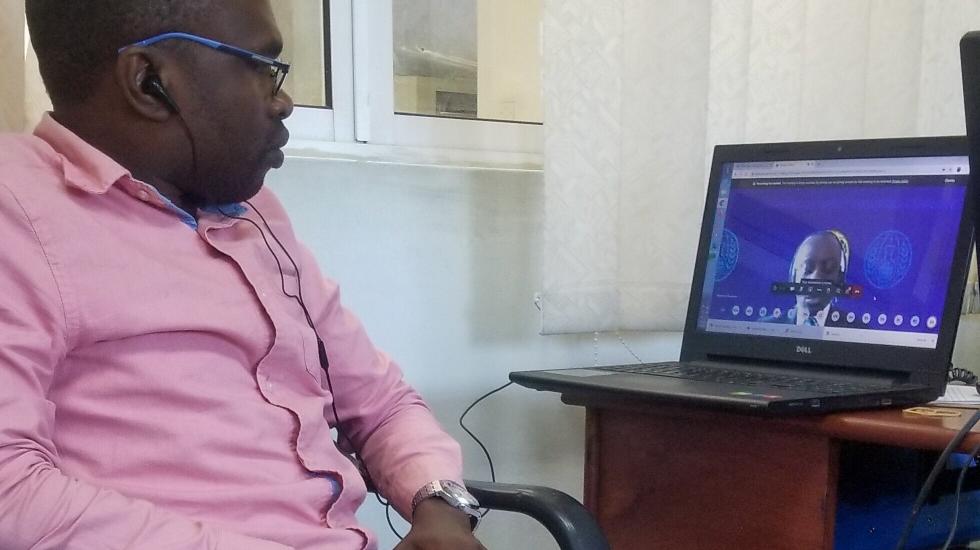
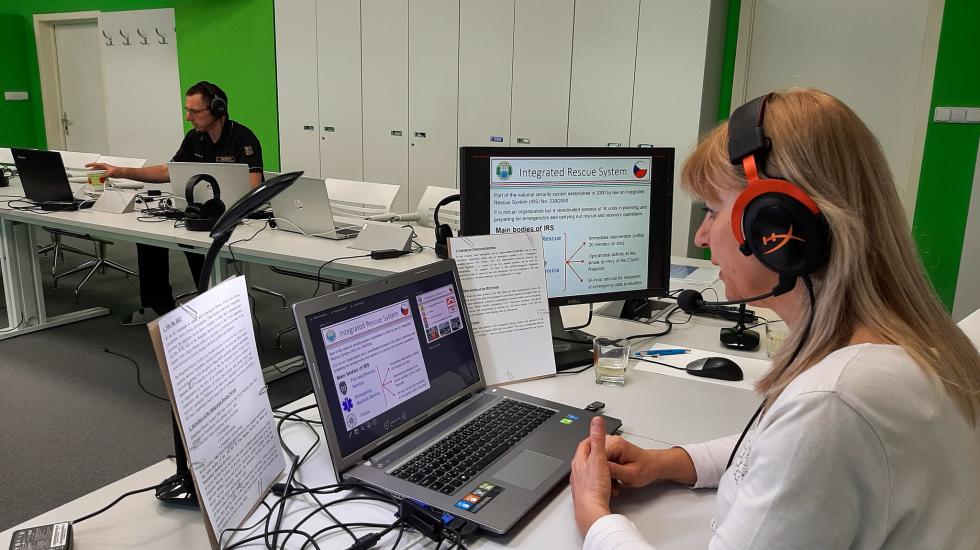
Background
As the implementing body for the Chemical Weapons Convention, the OPCW, with its 193 Member States, oversees the global endeavour to permanently eliminate chemical weapons. Since the Convention’s entry into force in 1997, it has been the most successful disarmament treaty eliminating an entire class of weapon of mass destruction.
Over 98% of all declared chemical weapon stockpiles have been destroyed under OPCW verification. For its extensive efforts in eliminating chemical weapons, the OPCW received the 2013 Nobel Peace Prize.
